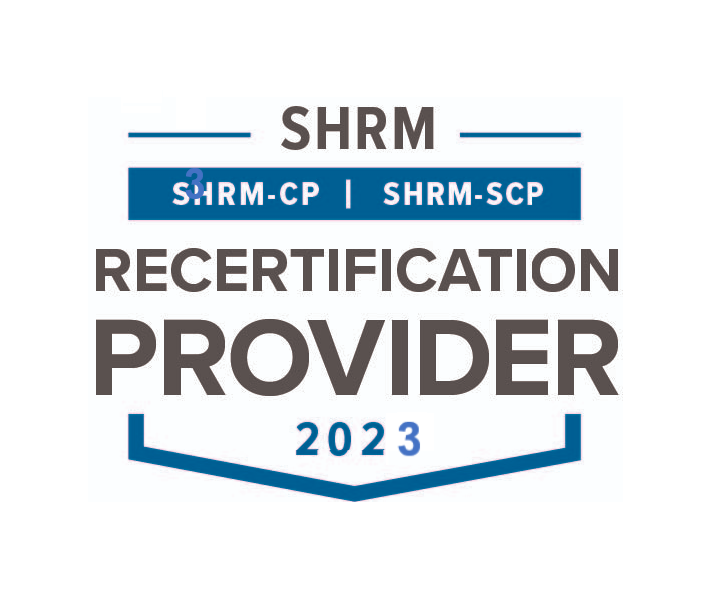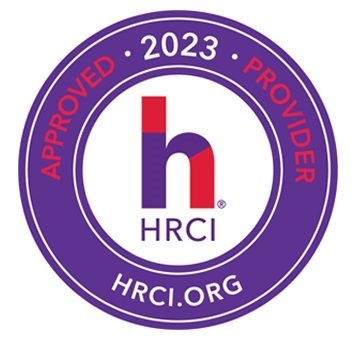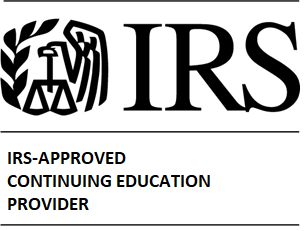| Product Type | Product | Product format | Price(in USD) | Quantity | Total(in USD) |
|---|
Call support: 888-533-5926 | Email : support@audiocompliance.com
Enter your email ID
Conducting the Interactive Process under the Americans with Disabilities Act
Presenter(s)
| Format | : | Pre-Recorded | |
| Industry | : | Human Resources | |
| Date | : | Thursday, September 5, 2024 | |
| Start time | : | Any Time | |
| Duration | : | 90 mins |
PRODUCT OPTIONS *
* Single User Price. For multiple users, please call us at 888-533-5926
CREDIT INFORMATION

+ 1.5 through SHRM

+ 1.5 through HRCI
Event Material
When the ADA was first passed, courts construed the definition of disability so strictly that most individuals found that they either did not meet the definition (and thus were not protected under the ADA) or that their impairments were so substantial, they were no longer able to perform the essential functions of the job. For this reason, courts rarely got to the issues of an effective interactive process between the employer and employee or there was a reasonable accommodation available. With the amendments to the ADA that lessen the standard of how we interpret the definition of disability, courts are now looking more and more to the interactive issues and accommodation issues. The answers are not easy and are not uniform due to every individual has to be considered on a case by case basis and different companies may be required to do different things due to sheer size or resources.
Courts during the early years of the ADA strictly construed the ADA’s definition of “disability,” and judges always determined who met that definition. And, of course, judges would look to decisions from other judges for guidance in making their decisions. Cases rarely got past the first stage of whether one met the definition. With the relaxation of how to interpret the definition, more and more cases are getting past this stage and getting into the stage of the ADA’s requirement of the interactive process and the ADA’s requirement that an employer provide reasonable accommodation to the disabled if the accommodation allows the individual to perform the essential functions of his/her position. Some courts will hold that some accommodations are “never” reasonable; however, the test of reasonable accommodation is typically a jury question. How will the jury rate your interactive process or the accommodations you offer?
In this program, you’ll learn how to:
- The difference in interpretation of who is disabled under the “old” ADA and the “new” ADA.
- Why pre-amendments resulted in cases rarely getting past the issue of whether an employee met the definition of “disability.”
- What do we mean about the “interactive process”?
- What does the ADA and the EEOC require an employer to do during the interactive process?
- Steps to take during the interactive process.
- What happens when there is a breakdown during the interactive process?
- Do you always have to give the employee the accommodation s/he requests?
- What examples do the statute and EEO regulations give as possible reasonable accommodations?
- Why you must distinguish between essential and marginal functions of a position when making reasonable accommodation decisions.
- How to make sure courts will give deference to your definition of the “essential” functions of a position.
- Is attendance always an essential function of a position? Why are the courts and the EEOC not seeing eye to eye on this issue?
Who will Benefit:
- Human resource managers,
- human resource generalists,
- in house counsel,
- benefits managers

Susan Fahey Desmond
Susan Fahey Desmond is a partner with Jackson Lewis, LLP, which has offices in over 54 cities across the United States. She has been representing management in all aspects of labor in employment law since 1985. She is listed in Best Lawyers in America and has been named by Chamber USA as one of America’s Leading Business Lawyers for labor and employment law. She is also listed in Mid-South Super Lawyers and Louisiana Super Lawyers.

HR Essentials: 5-In-1 HR Compliance with Susan Desmond
ON_DEMAND
Do you want to host this webinar at your organization
Call us at 888-533-5926 or email us at support@audiocompliance.com Register Now





